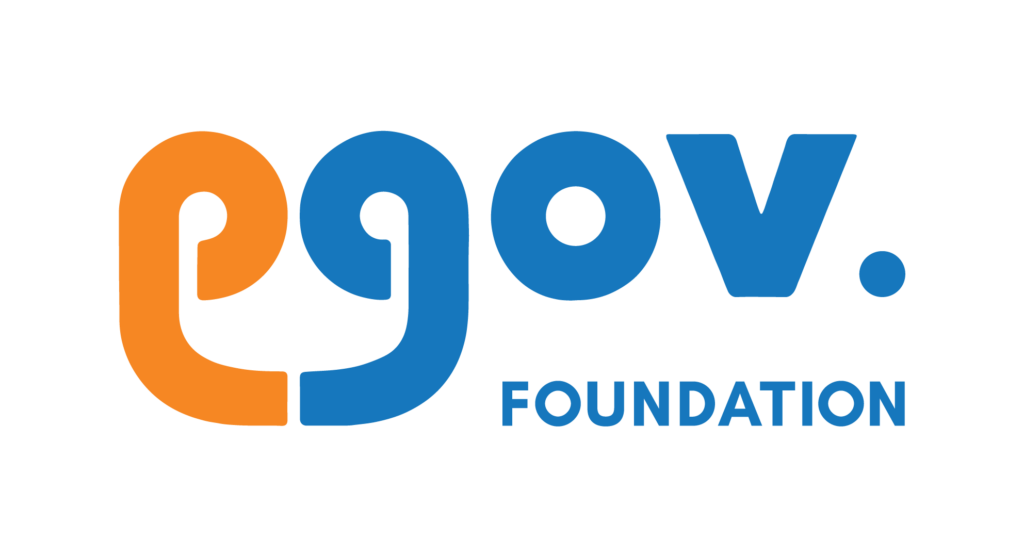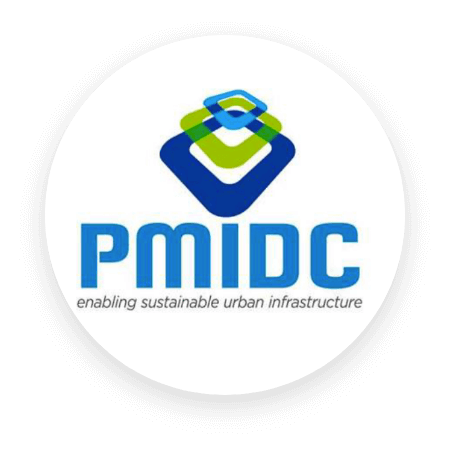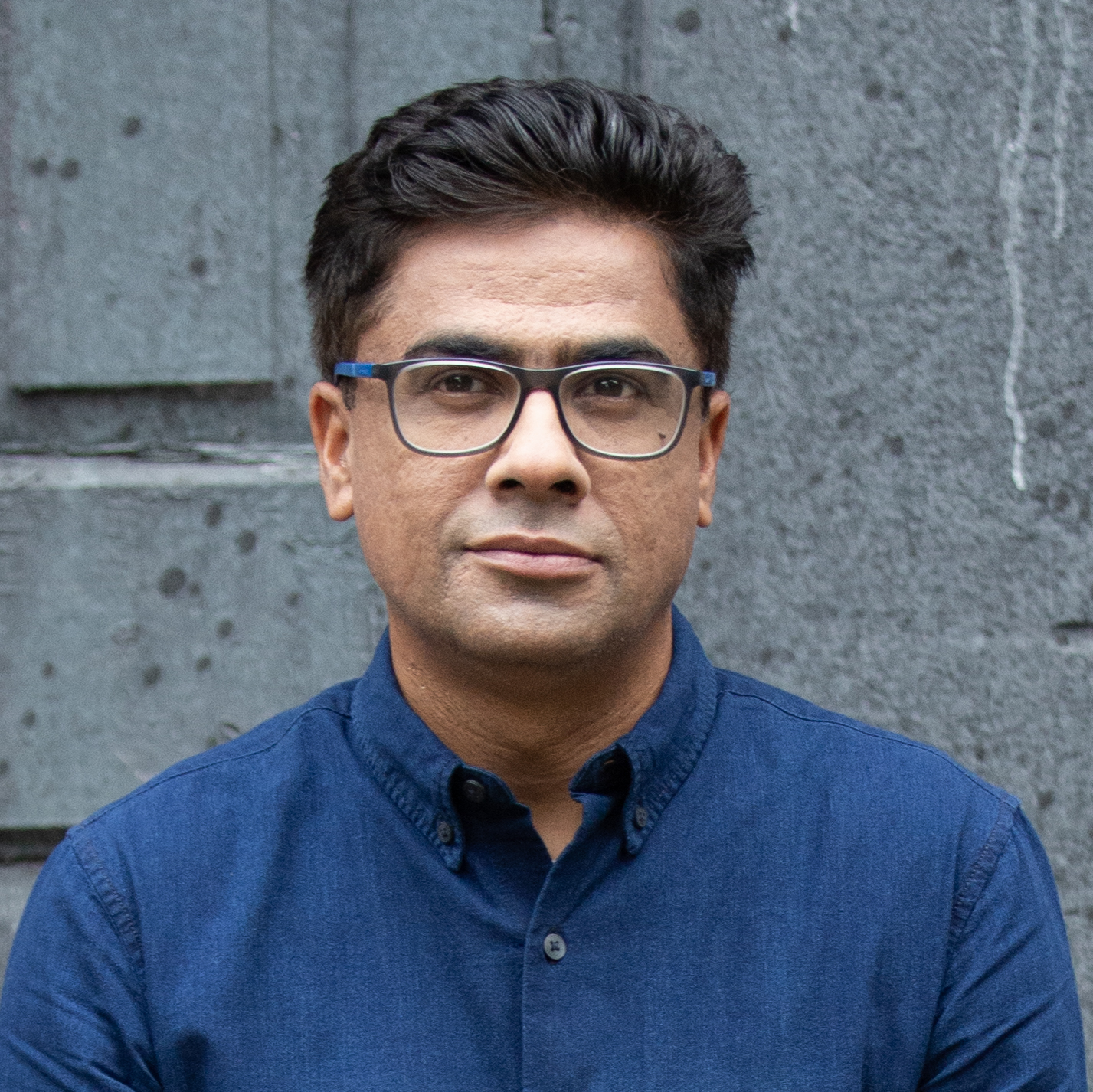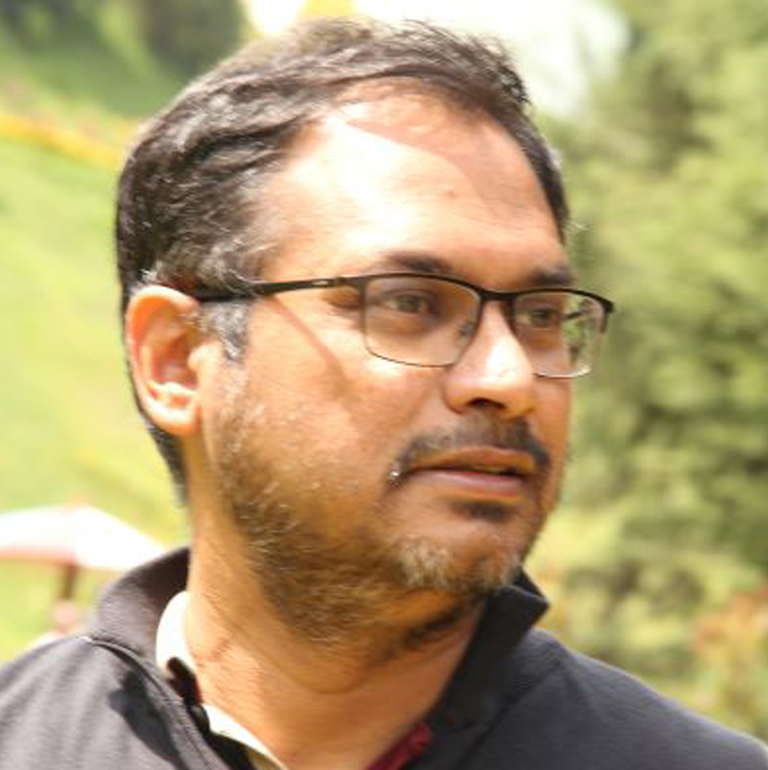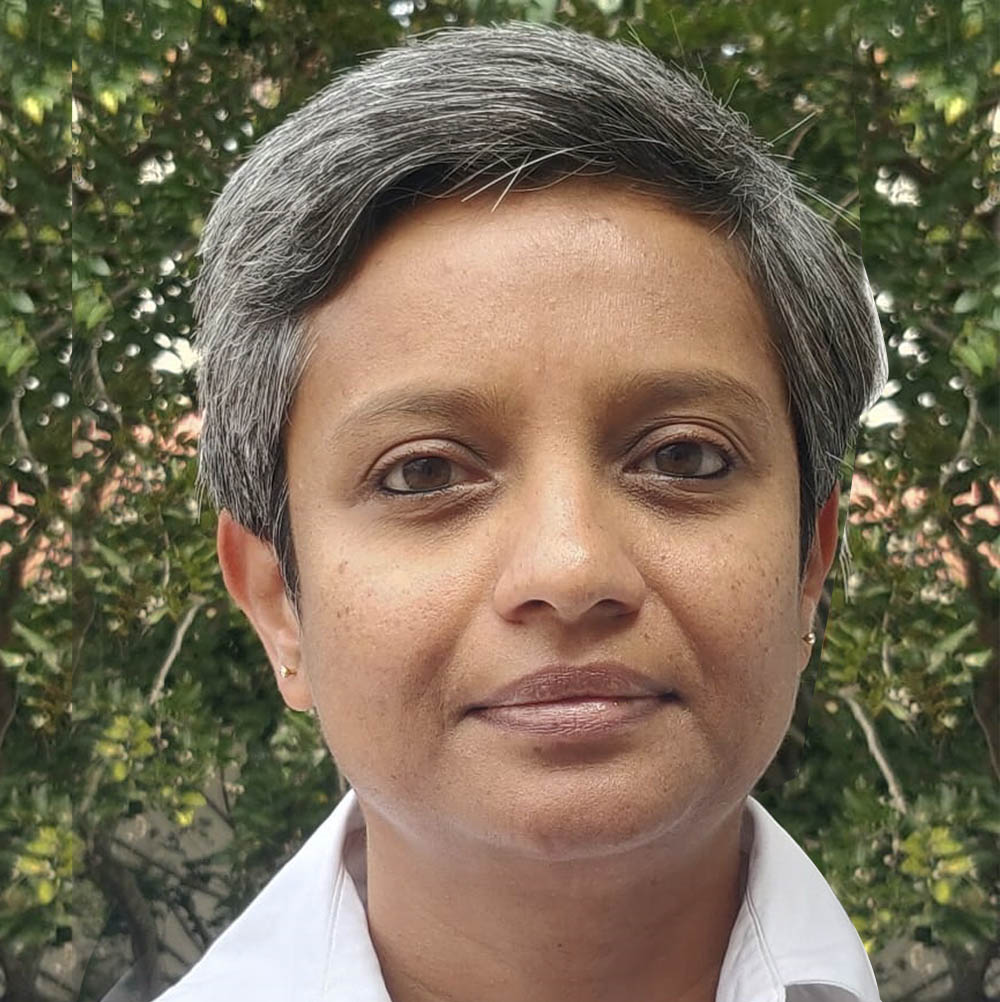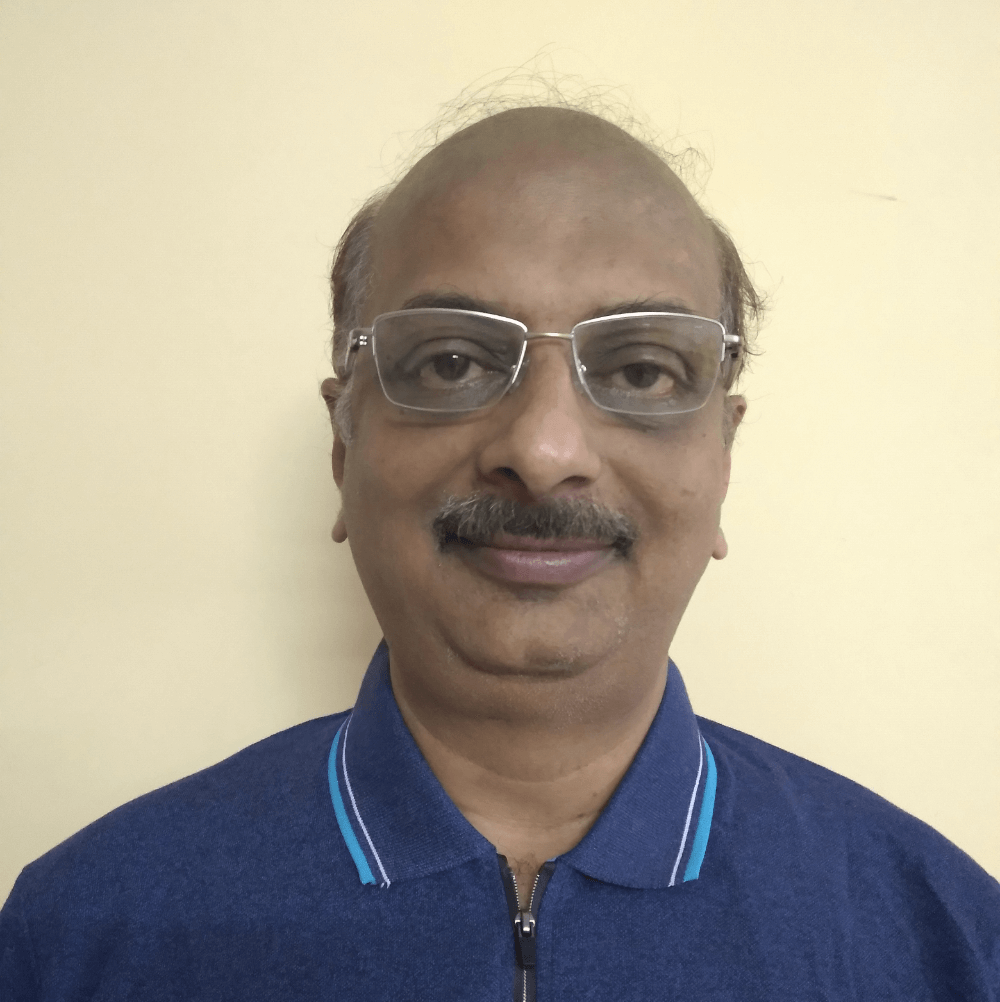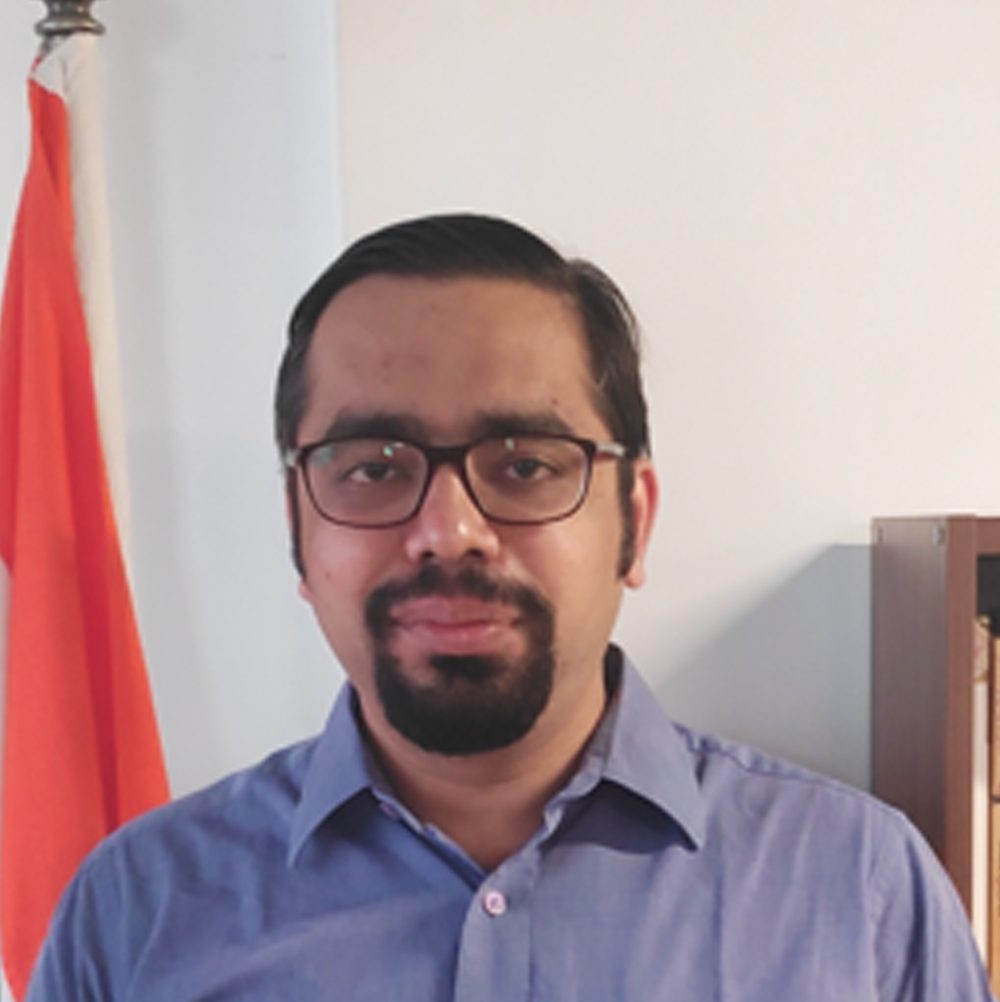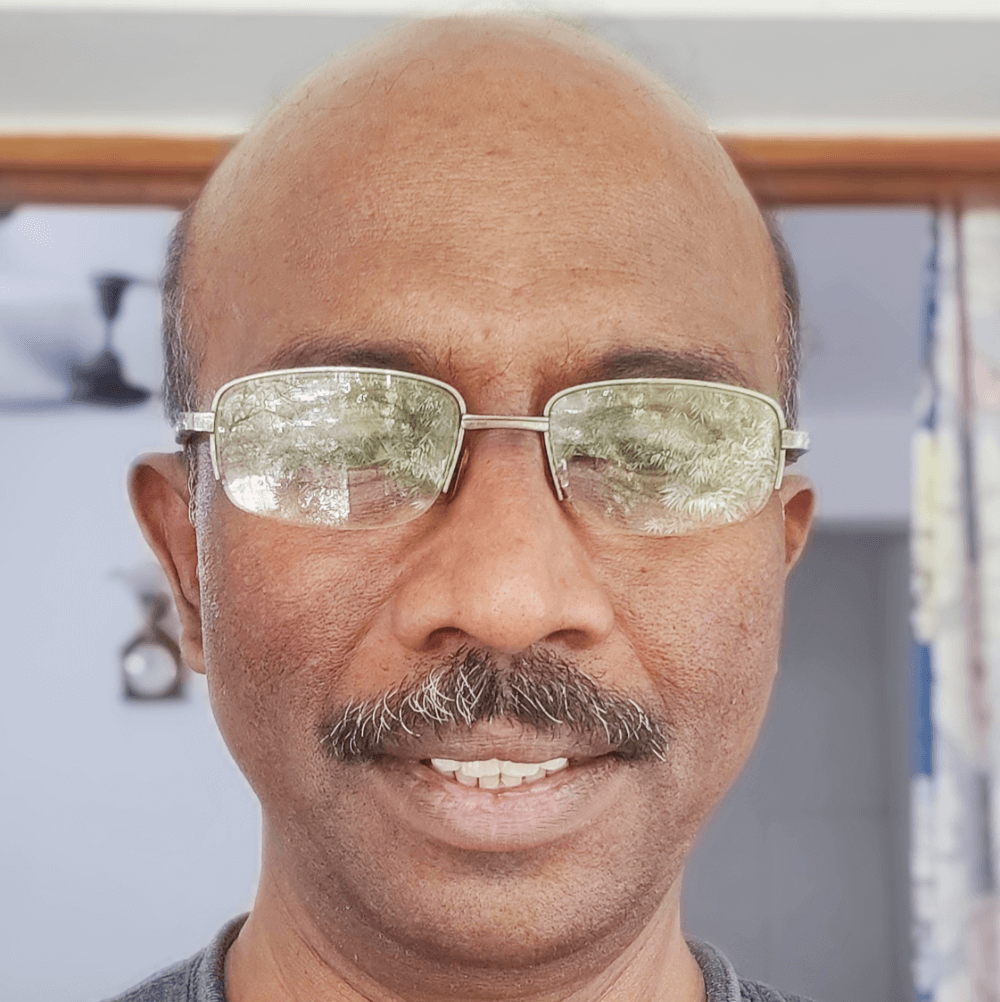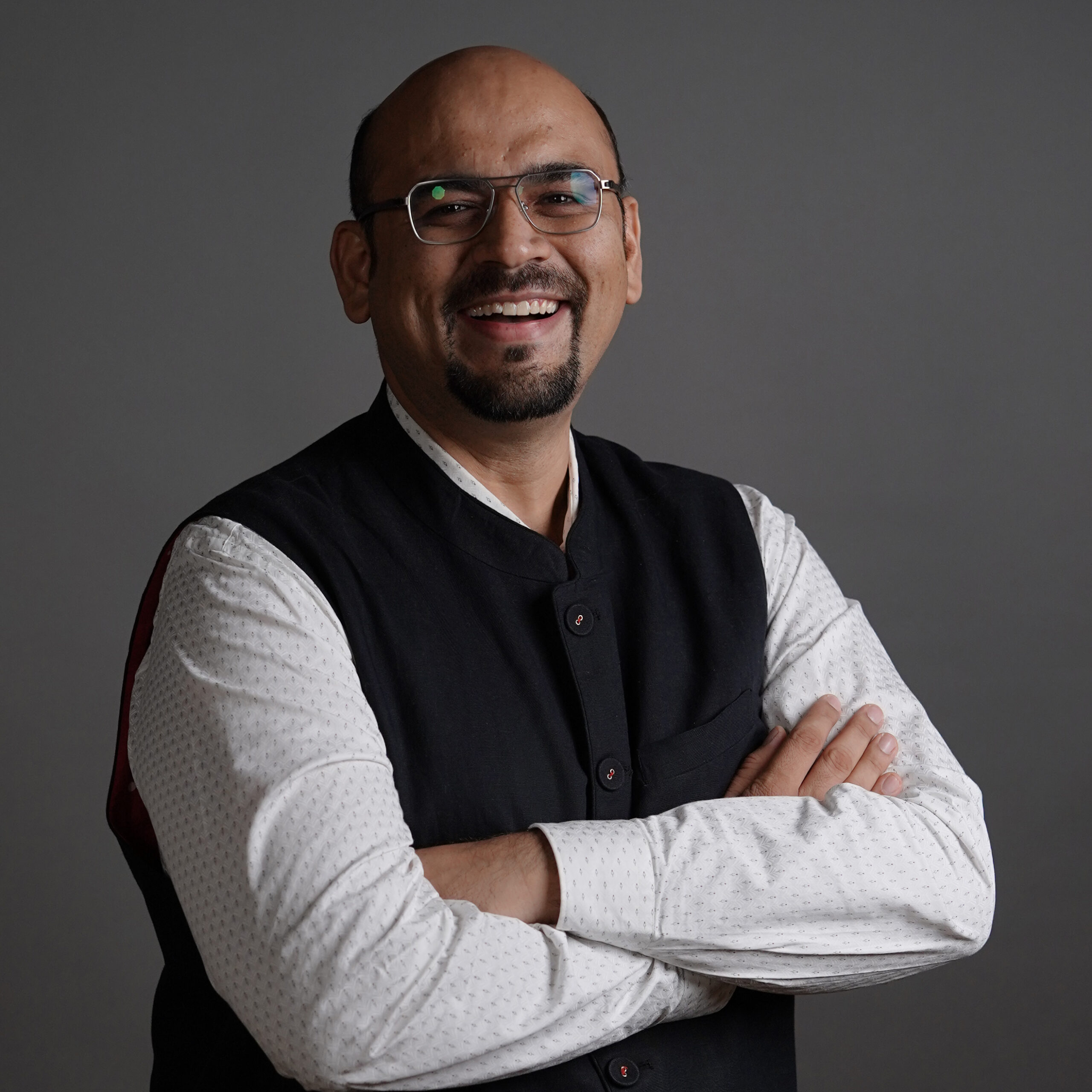10BedICU
India faces a critical shortage of ICU beds and specialists, with only 2.3 ICU beds per 100,000 population, a figure that is significantly lower than neighbors like China (3.6) and South Korea (10.6). Moreover, ICU care is poor or non-existent in district hospitals in rural India, which serve 80% of the country’s population. This deficit in critical care infrastructure is exacerbated by its uneven distribution, with advanced ICU facilities primarily located in medical colleges and major private hospitals.
In India, the financial burden of critical care on households is staggering, with 40% of families resorting to borrowing or selling assets to cover ICU expenses. A single hospitalization episode can consume 58% of a household’s per capita expenditure, pushing an additional 2.2% of the population below the poverty line every year.
The 10BedICU Project was launched in 2021 to make quality critical care accessible to every Indian. It is a Public Private Partnership (PPP) with the state health departments to set up 10 bedded ICU units, focusing on the rural and remote regions which otherwise lack critical care capacity in public hospitals.
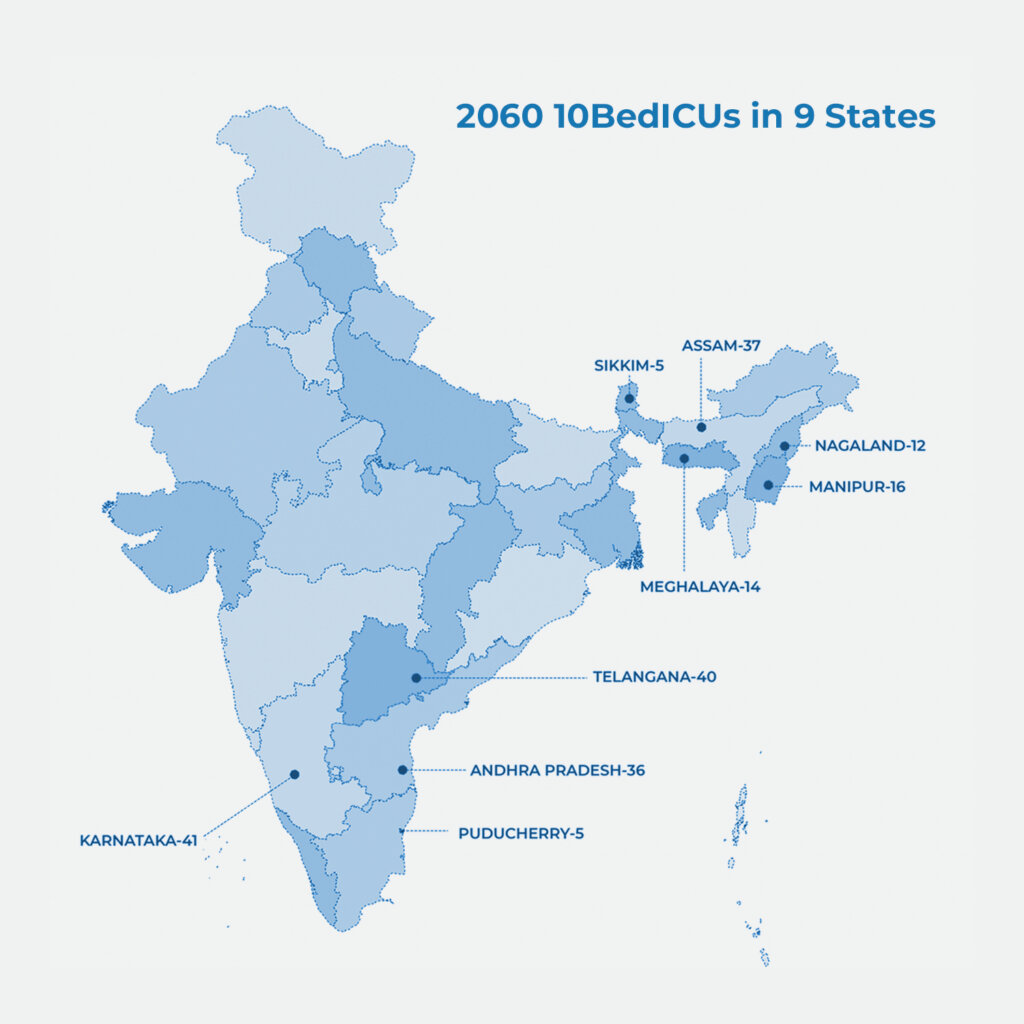
The project addresses 5 identified problem statements. They are:
- Lack of ICU capacity especially in rural and remote regions is solved by by setting up 10 bedded ICUs within government (District or Taluk) hospitals.
- Manual and paper based patient record management makes collaboration difficult and cost of administration high. CARE, Open Source EMR (also a Digital Public Good) digitizes all patient records.
- Lack of specialists and experienced doctors to provide quality healthcare in the peripheries is solved through the TeleICU system allowing specialists and experienced doctors at TeleICU Hubs to support local staff in patient management, thus improving the quality of care.
- Staff deployed at peripheral ICUs require training which is provided through standardized modules involving both theory and hands-on clinical training as well as training on proper use of medical devices and digital technology.
- Need to include the local community to insure long term sustainability of the project. Rogi Kalyan Samitis at these project hospitals are strengthened through workshops and trainings to ensure strong community participation to maximize the impact of the project.
The project has set up 2060 ICU beds across 9 Indian States to date. Over 300 doctors are part of this TeleICU network which has catered to over 45,000 patients in the 10BedICUs.
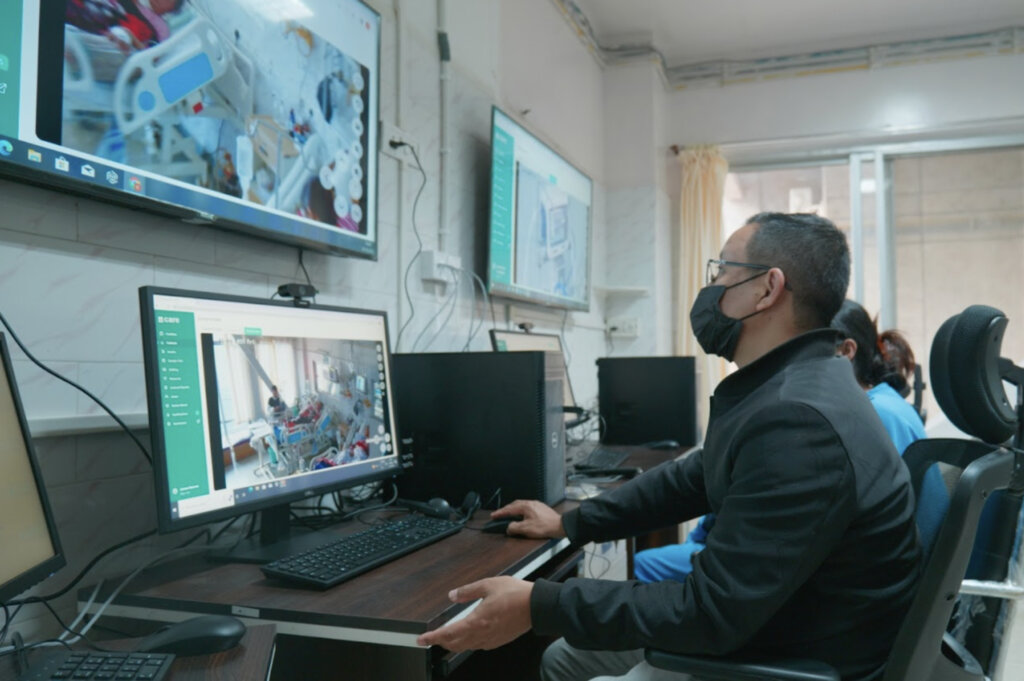
Dr. Akhrei at TeleICU Hub at NHAK Kohima remotely observing a patient admitted at one of the peripheral ICUs
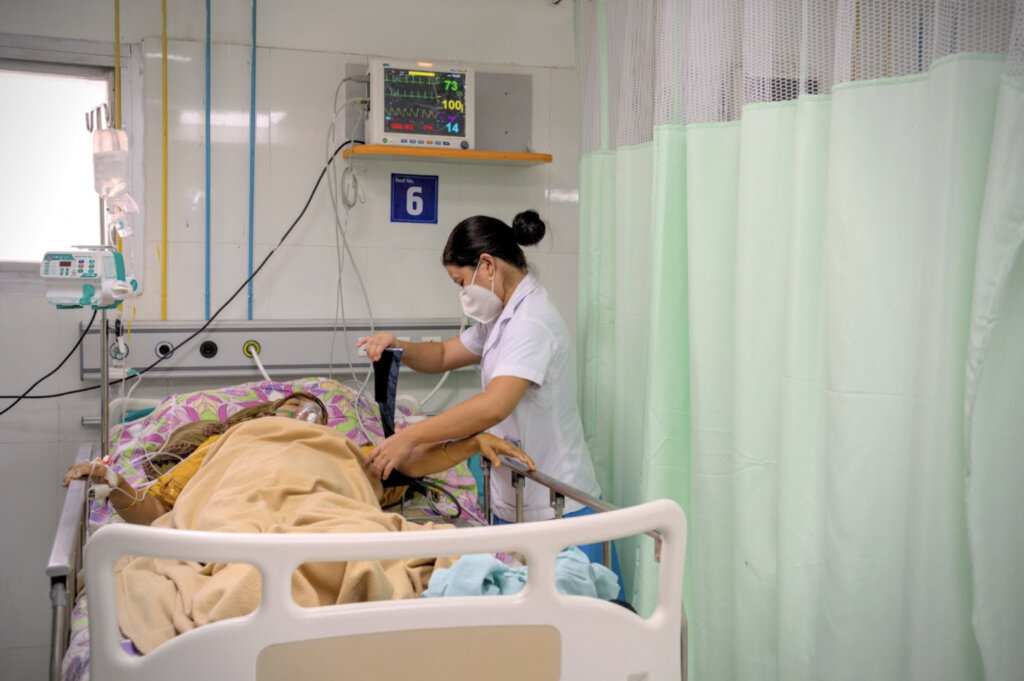
Nurse caring for a patient at 10BedICU in Karimganj Civil hospital, Assam
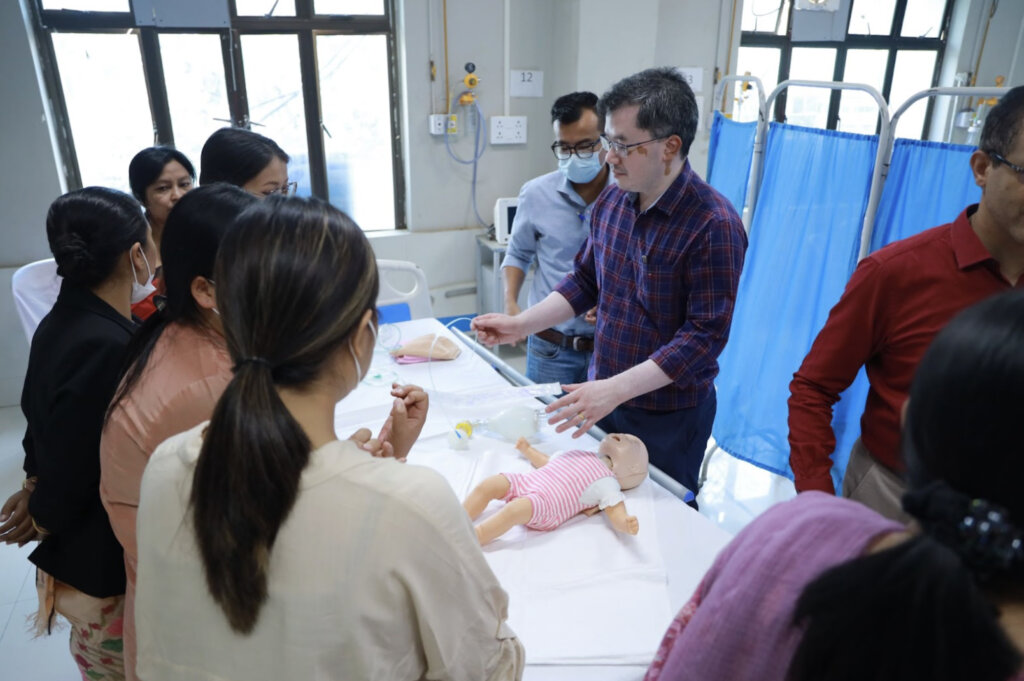
Hands-on clinical training provided to staff posted at peripheral 10BedICUs by Dr. Rakesh Anees at JNIMS Imphal, Manipur.
